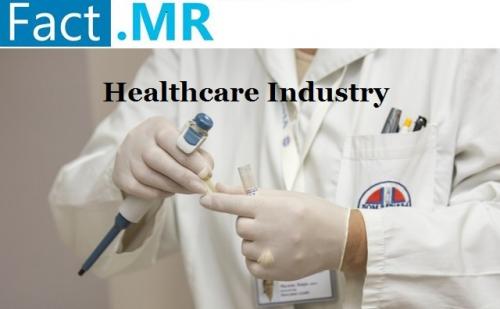Depression Drugs: Selective Serotonin Reuptake Inhibitors (SSRIs) Most Prevalent Anti-depressant

Depression has long plagued people and been the predator for a slew of distressing symptoms. Not just the risk of suicide, depression can lead to family breakdown, augment the likelihood of drug or alcohol addiction, dent the ability to surmount serious illness and augment mortality rates. Mental health conditions have become an overarching issue which have had toll on individuals, organizations and the larger community. Business leaders need to fuel and maintain actions which will create a mentally healthy workplace.
One Person Kills Themselves Every 40 Seconds
According to World Health Organization, over 300 million people of all ages suffer from depression. It is imperative to mention depression is different from ephemeral emotional responses and usual mood fluctuations in everyday life. However, depression is dubbed as ‘slow poison’ that may lead to suicide. The health governing body further states that nearly 800,000 people die due to suicide every year—outnumbering deaths due to breast cancer, malaria, homicide or war. According to the new figures from WHO published in September 2019 (September 10 is World Suicide Prevention day), one person kills themselves every 40 seconds. As such, WHO has been vouching for the inclusion of suicide prevention strategies into national health and educational programs. Such figures have surely bolstered the depression drugs market, with improvisation occurring at a faster pace.
It is instrumental to determine if depression symptoms are owing to an underlying medical conditions. Patients seek solace in depression drugs or antidepressants amid pervasive health problems. Nevertheless, patients with cardiovascular disease can have depression and vice versa.
Health care providers may come up with psychological treatments—cognitive behavioral therapy (CBT), and interpersonal psychotherapy (IPT); or antidepressant medication—tricyclic antidepressants and selective serotonin reuptake inhibitors (SSRIs). Though antidepressants have been an ideal form of treatment for moderate-severe depression, it is not used as first line of treatment for cases for mild depression.
Anti-depressant Medication as a First Line Approach for Severe Depression
Use of anti-depressant among children and adolescent is confined to second line treatment for moderate to severe depression when patients are impassive to psychological therapy. Meanwhile, it may be ideal as a first line approach if there is severe depression and they are under the guidance of specialist psychiatrist.
Atypical antidepressants function by altering one or more neurotransmitter as drugs in this class are often used as a first-line drug to help ward off side effects, including weight gain or sexual dysfunction.
Depression is one of the most treatable mental disorders with majority of people benefiting from treatment. The most prevalent depressing drug is selective serotonin reuptake inhibitors (SSRIs). Nevertheless, SSRIs propel the levels of serotonin in the brain by derailing the reuptake of serotonin by nerve cells. SSRIs are mostly preferred as a first-line drug treatment for depression owing to efficaciousness and lower risk of side effects vis-à-vis older antidepressants. Predominantly, majority of SSRIs are available in generic form, thereby making them affordable.
How Do SSRIs Function?
SSRIs work by improving the function of nerve cells in the brain that tend to regulate emotion. The chemical messengers which deliver these signals are called neurotransmitter.
Types of SSRIs
The FDA decides if the medications are safe and effective. SSRIs that have received green signal to treat depression, anxiety and other mood disorders are as follows:
- Citalopram (Celexa);
- Escitalopram (Lexapro);
- Fluoxetina (Prozac);
- Fluvoxamine (Luvox, Luvox CR);
- Sertraline (Zoloft);
- Paroxetine (Paxil, Paxil CR);
- Vilazodone (Viibryd).
However, there are a few of the aspects that mar the popularity of depression drugs, including skin rashes, insomnia, joint and muscle pain, stomach upset, nausea or diarrhea. A more serious lethal problem is lowered blood clotting capacity owing to decreased concentration of the neurotransmitter serotonin in platelets. Further, patients are at increased risk of internal bleeding provided they take aspirin or another NSAID including naproxen or ibuprofen.
There are also reports of likely risk to the fetus such as lower birth weight and premature delivery owing to untreated depression.
The significance of most of the antidepressants is to target rising serotonin or noradrenaline availability or monoamine neurotransmitter function. Even though there is the notion that depression drugs tend to correct a chemical imbalance in the brain, they have early physiological effects and effects on some of psychological function.
Notwithstanding depressing drugs can treat the symptoms of depression, it does not directly address any psychological causes. Accordingly, psychological therapies are highly sought-after amid pervasive depression.









Comments